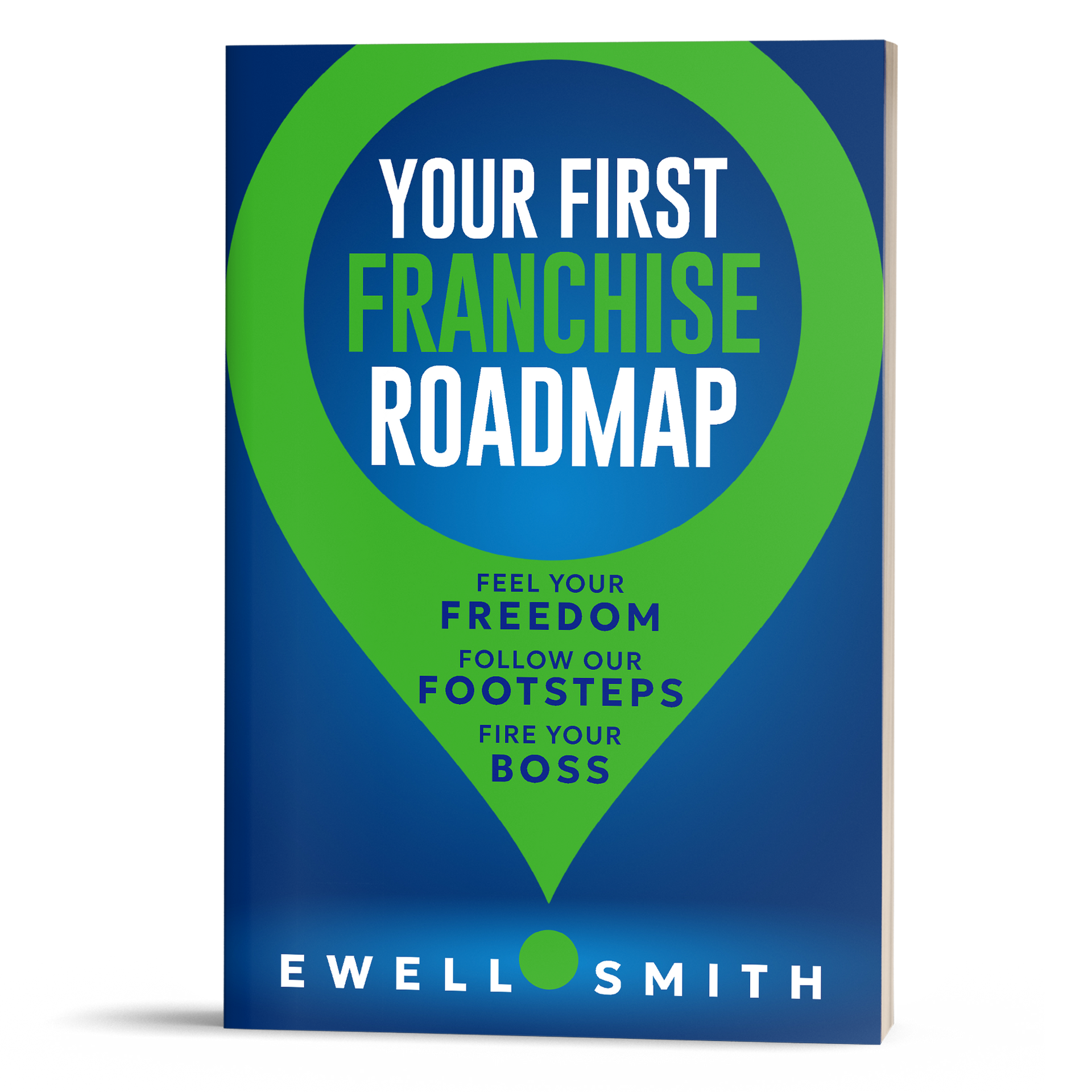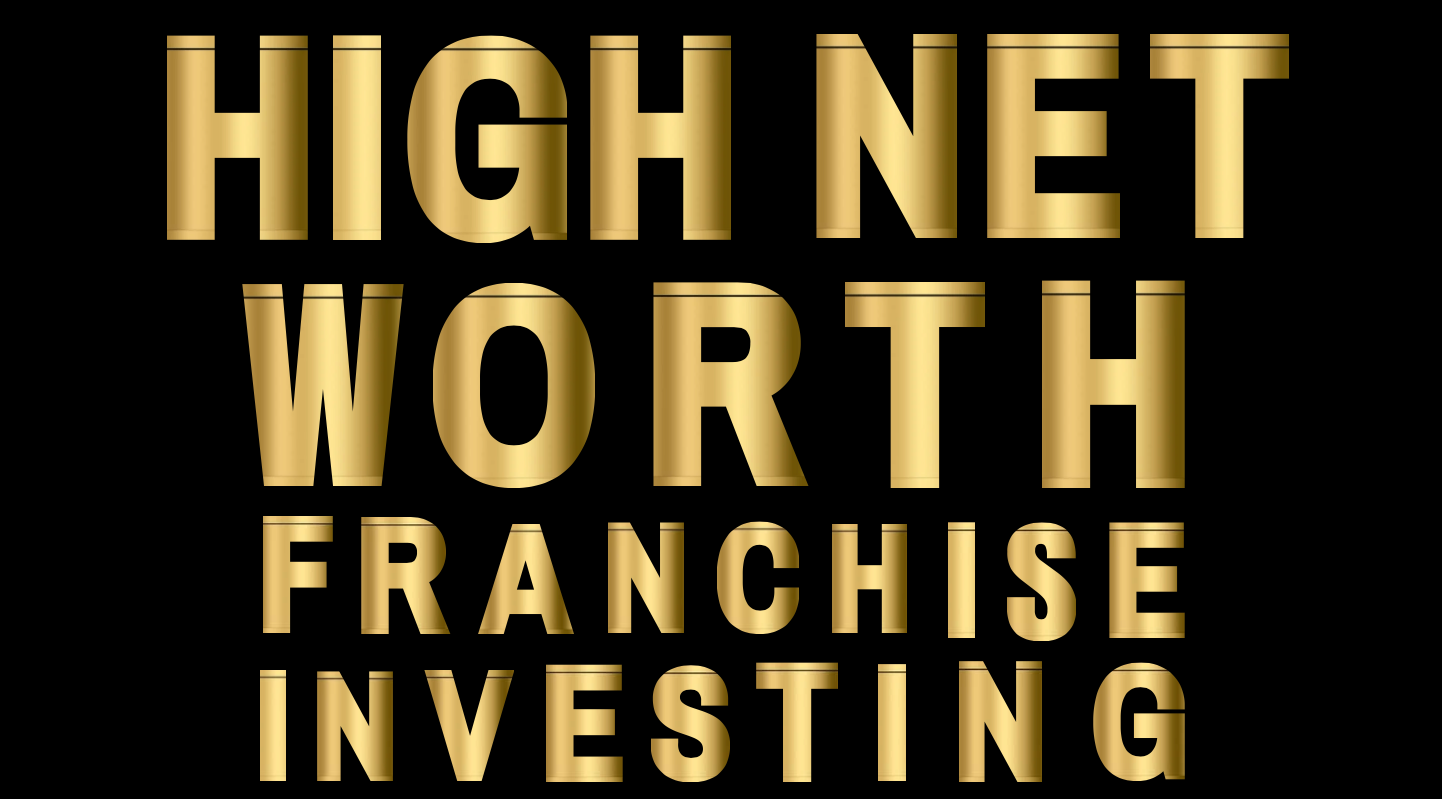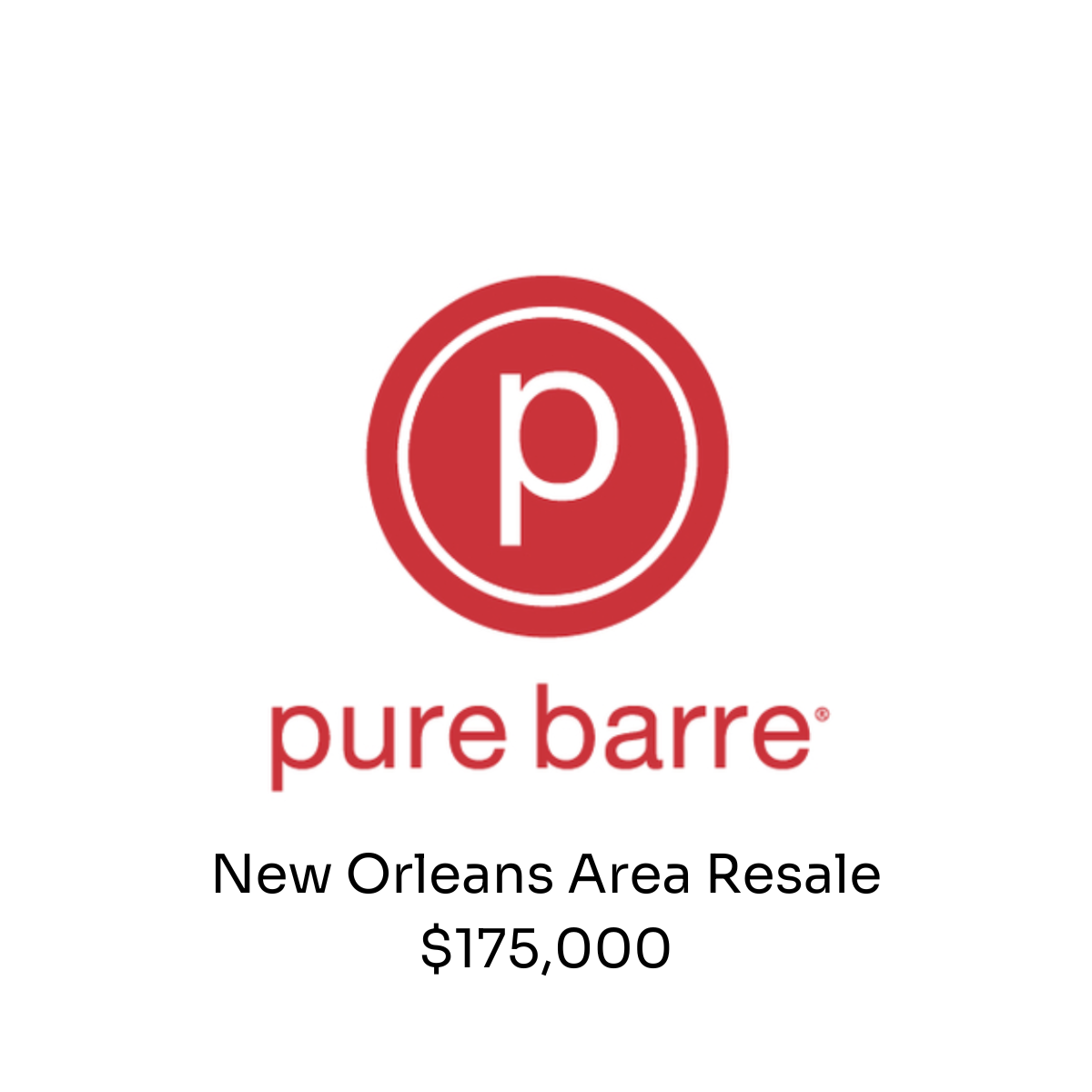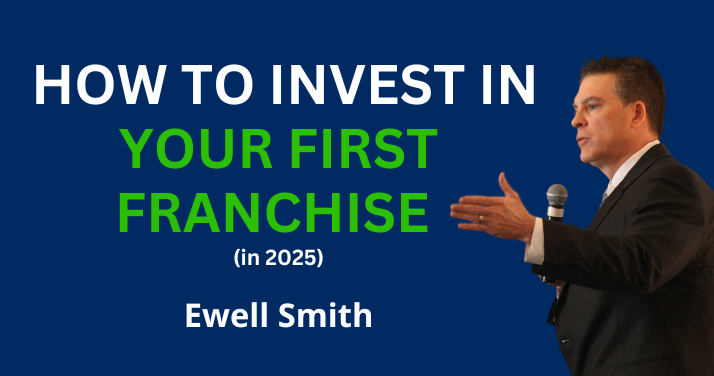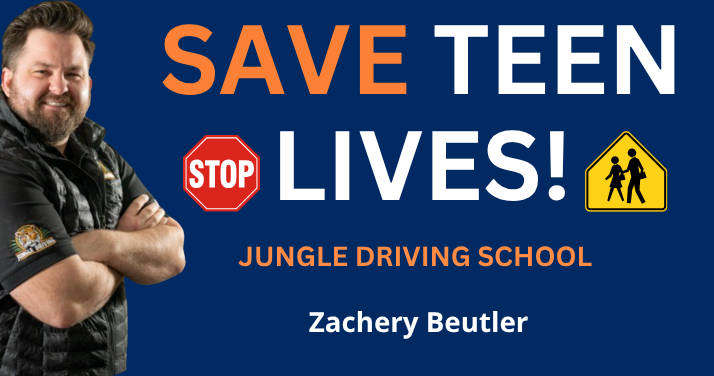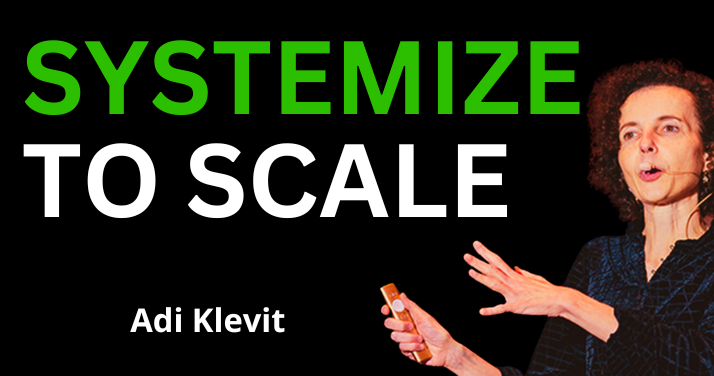May 14, 2023 by Ewell Smith

Connor challenges you to pick up your cellphone and to make videos so you can sell more.
As co-founder of Storyy, this business started out solving a problem for brokers in the real estate business. The marketing applications using video for or well known brands wasn't working when applied to brokers...now with Storyy, see how this can work for your brand...
Connor shares 5 takeaways on this episode of the Close The Deal. Com Podcast:
- Best restaurant to close the deal in Salt Lake City, UT
- How serving real estate brokers led to Storyy
- Why video needs to be personal
- How Storyy helps prep their clients for their first videos
- How to erase the fear so you can start shooting video today
Connect with Connor:
https://www.linkedin.com/in/connorsnyder/
Products we ❤️ for our health:
- Athletic Greens - AGI
- Whoop - get a free Whoop and one free month
Show Notes with Connor Snyder
Conner: And so one of the lies I think people tell themselves is I can't start making video yet. I don't have the nice camera; I don't have the studio set up. You don't need it. Some of the most viral pieces of content were made with...
Ewell: That is Connor Snyder. He is the co-founder of Storyy, and what he's talking about is using the cell phone that's in your pocket right now to help you tell your story to the world to get the attention that you need to grow your business. And he talks about how to overcome that fear. We break it down on this episode of the Close The Deal. Com Podcast.
I'm your host, Ewell Smith. And Connor’s goong to share with you how he got into this business and started working with brokers in the real estate business and how it's transcended to where he's working with one of the top social media influencers. In the real estate business, in the sales business, and using the unbeatable power of story to drive sales.
Now, let's get started.
Conner, I want to welcome you to the close the deal.com podcast. Where are you from?
Conner: I'm over here in salt Lake City, Utah. Man, I'm staring out the window at some snow, trying not to freeze to death. But yeah, that's where I'm at.
Ewell: I'm in New Orleans right now, and it's a balmy 70 something Degrees. The ground's sweating right now because
Conner: you turned me into a green eye monster man.
Ewell: It doesn't know what to do. It is cold one day and then we're hot the next. I'm like, All right.
Question for you in your business, if you were to take somebody out to eat dinner.
I love, I grew up in a food city, right? I promoted seafood for most of my career. What restaurant? And you don't have to say seafood. What restaurant do you take a client out to if you've, if you're trying to win somebody over.
Conner: All right. If I'm trying to win someone over, then I'm taking them to Stone Ground Kitchen. Downtown Salt Lake, it's an Italian restaurant. They hand make all their noodles and they've got this lobster dish that's just blow your mind. You're a seafood guy when you come out here.
Ewell: I'm gonna have to make a trip. I've got a good buddy of mine who lives there, so I'm gonna have to make that trip this coming year. Alright. What are you grateful for? To help you get you to where you are today?
Recognizing how important partners are
Conner: Man. I think that I'm really grateful for a strong community of people who care about me. I think that Whenever you're trying to do something big in business or in your personal life, you never get there on your own. And I've been lucky to have great partners like Austin, Mark Curtis, a couple of just the, these guys that are not only really successful entrepreneurs, but people that take a bullet for you maybe even when you don't deserve a bullet
These are just awesome guys. And I think that's probably the thing I'm most grateful for.
Ewell: That's awesome. So, this leads me to the question of the day here, obviously you got together with those guys and you all identified a space in the marketplace that wasn't being serviced a problem in the marketplace, if you would, what was that? And then, I've seen your website, so I have an idea of the solution, but it's pretty cool.
What was the solution? So what's the problem that you all addressed?
The problem and the solution
Conner: Yeah, so this kind of goes back to when I was working in a mortgage company. I was a marketing manager there, and if you don't know how mortgage companies work, mortgage companies will have basically these independent. Mortgage loan officers who basically work like 1099 contractors, they go and they're responsible for their own book of business work in that book of business and bringing in deals that the mortgage broker then helps facilitate the transactions for.
And so one of the things that the mortgage company did was they built an in-house marketing team, basically almost like an internal agency, and they went and helped to the loan officers with their CRM or helped them set up marketing flyers. And they brought me on to help out with social media advertising.
That would've been my background. I've been doing it for a while. And so the strategy I was trying to help implement was I was gonna help any of their loan officers build out their own social media campaign to, to run ads. And the problem was, is we'd run the ads and they do really bad. And so I'm just stumped here because I'm like, I know how to do ads.
I normally know what's working here, why isn't this working? And the problem was I had been working with bigger brands like RX Solar, Utah State University and was really focused on marketing around this kind of established brand. And what was different about this mortgage company was that people didn't come to these loan officers because of the corporate brand.
They came because they knew a direct person, right? They knew someone within the business, right? They knew Carrie, right? They knew John. They knew Dan. And because of that, the marketing approach we had was wrong. And so, what I did was I went and showed up at these loan officers offices and I was like, listen, I know it's gonna feel uncomfortable.
But I need to record you on video because I think if we have a video of you talking and you saying the marketing message versus a stock piece of content, I think this ad is gonna perform a lot better. And lo and behold, all of a sudden we had all of these ads that were just popping off. And so, I realized that there was this kind of hole in how.
Lots of businesses and companies was doing social media marketing was that they were not leading with their people. They were not treating a social media platform like a social space and making sure their people were in front of them. And so that whole was the impetus for me and my partner Austin, we started what was then Biz Growth Marketing as a marketing agency, really trying to be focused around elevating the people in the business.
And we started from there.
Ewell: So, you know how to do, this is an interesting journey for me to ask you this question. You. Come from knowing how to make ads and video. How do you end up knowing how to make a platform? You come up with a solution. What is the solution that you all come up with and how do you know?
Is it you? You partnered obviously with some good people that knew how to do the technical part.
Conner: Yeah, no, that's a great question. Yeah, so story, our business now is, it's all about creating auth, helping people share their authentic message online and you're right, we have a platform now where people can upload raw content. We'll turn that into great social content, we'll manage the social media profiles and things, but.
But yeah, at the beginning I didn't have experience and it was actually at a job. I was a product manager working with engineers where I started to understand how do you. Explain a vision of what you want to create to, to engineers and speak to the technical needs and the business requirements that you have so that engineers build what you want.
And I actually was working full-time in a company RedX, they're a real estate technology company. While I was still doing biz growth on the side, it was still my side gig. And we got to the point with our revenue one day where I was ready to quit and go in all in because we weren't, we're not VC backed.
We don't really wanna play that game. We're like, we wanna bootstrap our way to growth. And I went to my boss though and was like, Hey, I think it's time for me to quit. I think my side gig has gotten this big thing and he's side gig. It's gotten that big. If it's that big, maybe we should talk about us writing you a check and jumping on with you.
Ewell: Oh wow.
Conner on the evolution of Storyy
Conner: And so, I'm like all worried my boss is gonna be pissed. I've been building this thing on the side, and at the end of it, he ends up writing us a check and jump in and as a partner. And what was really great about that was I loved that company. I, it was it's an incredible company, incredible culture, incredible people.
And to be able to have that expertise and background join in with us as we really grew into story was a pivotal moment.
Ewell: Wow. So, before we go to how does the service work how did you. How long have you been at this and how did you and I'm sure you’ve encountered some challenges. It wasn't just a smooth path, it's never is.
Conner: Nope.
Ewell: What did that look like because you went to an agency typical more of like an agency.
Now you've got this SaaS program or this service that you offer. How did that look?
Conner: Yeah. So, I started consulting probably about 2015 is when I started just saying I'll start running stuff for you. And that really was the first thing that got my partner interested in doing something bigger. He saw me doing this consulting. He's there's this obvious need, dude.
Why don't we turn this into a real business? I've got the network. And he Was the impetus for us filing the paperwork and saying, let's go big on this. And so we filed our paperwork to actually be an official business Biz Growth Marketing in early 2019. And then and then yeah we're here in 2022 as Storyy.
Ewell: Wow. And when did y'all that, when did y'all officially become Storyy? Cuz y'all did the other one
Conner: Yeah. So, we rebranded the Storyy when we brought on the new partner, which was that would've been late 2021. So a little more than a year ago now.
Ewell: And how does your platform, how does it work?
Conner: Yeah so the way the platform works is, we, we start with kind of the first conversation to have without us loan officers, like they did not want to get in front of the camera. Like it's just no one loves being in front of the camera. We all feel, we get hyper insecure and we like think about what we look and what are we gonna say, and.
And as we were understanding this concern about our users and that's really when we're building the platform, why we built the platform, what were the challenges our users were having? They were worried they were gonna sound dumb, and they were worried they weren't gonna know what to say when we put the camera in front of them.
How Storyy prepares you to record
So what we did is we built a tool that uses AI to generate outlines of content for someone to record. We basically have this I ai prompting things around the most common questions people are asking around specific topics. And so you tell us, Hey, I wanna be known for entrepreneurship or marketing or whatever.
And then you can record these videos, which are not scripts because we think people need to bring their own perspective and experience on it. But we give you a framework. So, you record this video, upload that video, maybe a bad take, maybe a take that has some good parts, some bad parts, some photos, some images, some screenshots of blog articles.
And our team, we've got about over a hundred content creators. Take that video content and we turn it into really engaging social media content, YouTube content, website content, and then we even have agency services where we'll do social media management or boost that content to people in your database as well so that's kinda what the whole platform now has become as a service.
Ewell: Is there one area you all find you gravitate? To more obviously the editing piece, but when you all start pushing out to channels, is there a space you all really shine?
Where Storyy shines and the different use cases between platforms
Conner: Yeah I feel like we really shine with reels like reels, TikTok, YouTube it was funny cuz In 2017, 2016, when I was first at that mortgage company, the idea of user generated content, UGC, was still pretty early. Like most brands on social were still doing the really.
High production yeah, high production kind of corporate looking stuff. And as TikTok started gaining traction, it was because users were looking for more authentic kind of content. They wanted stuff that other people were creating that felt more raw and real. And so, our whole approach has been how do we help people?
Capture that raw authenticity while at the same time following some of the best practices for engagement and making sure that we're helping the users attract attention and get views on their content. And so, YouTube, Instagram Reels, TikTok, those are the places where user generated content really shines.
And those are the places that, that I think we do the best work.
Ewell: So you, so TikTok and Reels. Short form. What about YouTube? Is that longer form?
Conner: Yeah, YouTube's longer form and we differentiate it based on that specifically cuz you know YouTube wants their platform to be more like tv. They wanna be able to flip through videos and shows and roll through it. And they want their video content to be more like episodes.
They wanna be able to sell in video, like mid video ad placements, right? They're just formatted, matted and built for that. And so we aim for 10 to 15 minute video edits for YouTube generally. Of course, there's some clients that have specific needs that we work around, but that's the recommended thing that we see to perform best in the algorithm.
Whereas Instagram, TikTok, we're aiming for that 60 second, 90 second kind of window to really keep people engaged.
Ewell: What's the cap you think for YouTube for time? Is there cap? You hear, people do - some people go forever and they, I guess they figure out how to manage to keep the attention. But is there a sweet spot for YouTube?
Conner: Yeah it's funny cuz I don't think that the there might be some weight to the algorithm about how long of videos that they'll recommend, but I think that the algorithms have gotten so good at evaluating the content of a video. That they are gonna recommend high quality content and length is no longer a primary function of.
And I typically send a 10 to say 10 to 15 minutes because I think if you put any one of us on a soapbox for 10 to 15 minutes after that point, there's probably diminishing returns on, on, on like how valuable information we're sharing. And I think that, but that being said, there's people much smarter than me that could probably go on for an hour and share tons of high quality, highly valuable information.
In which case I think the recommendation shift systems. Do their magic, right? So, I think that the function is really, as creators, we should be asking ourselves, how do we create the best quality content and let the time constraints be secondary to that.
Ewell: Okay look, we're gonna break right here and we're gonna come right back and I'm gonna ask you a little bit about your why, what you do, and then you're gonna have some tips for our audience here. Hold on one second, Connor. We'll be right back .
You've heard me talk a lot about AG one. That's part, that's the nutrition side of getting in shape and being in shape and wathing over your health and making sure you're doing the right things. But there's another tool I love to use, or device, whatever you want to call it. It's on my wrist, it's called a Whoop.
And the Whoop allows me to monitor my sleep patterns by recovery patterns from working out, and it keeps me on track to do what I need to do to get into the best shape possible. Without pushing myself too hard, staying in a range where I know how much sleep I'm gonna need that night, and how much recovery I'm gonna need at night.
The Whoop keeps me on track and helps me monitor everything, and it keeps me motivated to keep going forward. And I can join in some of the Whoop communities, like the one for New Orleans or Louisiana and the nation and see how I do against other people. It's kind of fun. So check it out. I've got a link for Whoop.
On the show notes page of this episode on Closethedeal.com, Closethedeal.com and look for the episode for Connor. Now let's get back to the show.
Connor, we're back.
Man, I love your platform and we're talking about people being scared to get in front of a camera, but I noticed you have one client that is definitely not scared to be on the camera. And do you know who I'm gonna mention?
Conner: I am not sure.
Ewell: You got Grant Cardone on there as one of your clients, and that guy has mastered all the social channels. How do you all help somebody like him? That's unbelievable.
Conner: Yeah, so we've had Cardone Ventures as a client for several years now, grant's whole philosophy is how do we be constantly in front of people? Like, how do I become synonymous with sales? That's his thing. And Cardone Ventures how does Cardone Ventures and some of the team there, Brandon Dawson, Natalie Workman, how do they become synonymous with investing?
And capital and business development. And really the whole, that whole, his whole thing is our strategy. It's how do we help you create enough content where you build a reputation, a personal brand. Around these topics you wanna be known for. And it's why our platform kind of starts by what's the stuff you want to be known for?
Give us a couple of topics. Because if you consistently create content around those things, you teach the algorithms to recommend you to the people that are interested in those topics. And now all of a sudden you're building a brand and reputation in those categories.
Overcome the fear of your first videos
Ewell: I can understand people's fear mean people are afraid to speak on a stage, and now you put Cameron from him. They deer in the headlights. But it's like anything else, it's practice. And Cardone is so natural because he does it. Probably sleep and daily,
Conner: Yep.
Ewell: Every walking minute of the day he does something.
But for every, everybody else, it's a start. It's a slow process. It's a short video, maybe it's 30 seconds, 40 seconds, and they, next thing they're getting comfortable doing a longer form. So, you all help ease people into that process. Okay, good. Question for you. Why do you do what you do?
I, this part always fascinates me. Clearly you have a bent for marketing. How did you land in this? In the, because that really plays to you helping people.
Conner: Yeah. If I had to really get fundamental about my why I go to like human psychology a little bit and Maslow's hierarchy of needs and if there's anyone in your audience that's not familiar with it, it's this. This triangle basically said there's this kind of ascension model of what humans need to be fulfilled.
And at that base layer, there's things like. Food, shelter, right? Like the basic core things we need for our survival. And then above that are things like community, family, things that give us belonging and a sense of purpose. And one of the things that people forget at the very top of the triangle for Maslow's hierarchy of needs is self-actualization, is the name of this is and really what self-actualization is defined as is someone.
Reaching their fullest potential. A total sense of security in who they are and what they're accomplishing. And for me story and what I'm doing within story or within anything else is how do I achieve self-actualization for myself and the people around me in my community? And I see story not only as a place to help my clients.
Reach their self-actualization goals as they create content and build a brand and build their businesses, but also our team and our employees. How do I help them grow and thrive and reach their fullest versions of self within our organization? So that, that would be my why in a nutshell.
Ewell: That makes sense. And this story is so powerful. That is from the beginning of time, story is everything. And. When I was with, when I was back in my day with the seafood industry we, I was head of the seafood board for Louisiana, and we used story to help sell seafood and the voices, we would, my voice would be used in certain contexts.
How to position yourself in the story
Then the, but we would also I'm getting to a question for you. We would also use chefs as ambassadors. To help tell the story on behalf of our fisherman. And of course, we put the cameras in front of the fisherman too. Are there other approaches you use, thinking about like a real estate broker, obviously they're gonna speak do they ever bring in other people to help them, that you all coach them to speak to their product?
Conner: Yeah that's a great question. Absolutely, right? Like our stories I don't know of a story where there's only ever one character. There's probably some like really specific art pieces, right? Where that's the case, right? But you think of a story and there's other characters involved.
There's hero like, hero's Journey that like very typical Archetype, right? There's the hero and there's the villain. There's the. The master, the teacher that comes in, right? And so, I think that thinking about this in practical day-to-day life, if I'm a real estate agent, for example who are my buyers?
Who are my sellers? Who are my partners?
Who are people that are more experienced in me in another market, who are people that I train and educate that are maybe behind me? I think that kind of adding that full picture of the real estate experience. Gives this trust and credibility to you as a real estate agent, because you're not just seen as the person that's going to like, facilitate the paperwork.
You're adding a premium onto yourself as the person that is an expert, right? And in, in a world where there's so many things that can be automated, being the person that knows what levers to pull and having the correct understanding of the application of all of this knowledge. Is super valuable.
And so, I think in that professional services industry, like real estate, yeah you gotta bring other people in to help show your expertise.
Ewell: Okay, so let's talk about for people listening to the show, what are some tips to ease somebody into picking up a camera and using it. What are some tips you would tell a client or potential client how to get started?
What are some of the pitfalls they can avoid maybe, and your best guidance Yeah. So other than just using story like, cuz I we all start off from the beginning, right? And at the beginning we might not have a budget for video editing or social management. We might be DIY in all this. And so, if I was DIYing this, what I would do is, I'd say, don't feel like you gotta go buy a super nice camera.
Start with the phone in your pocket
Conner: You, you can literally just pull out your Galaxy phone, your iPhone, and record. And those cameras have incredible picture quality. And even if you're gonna record on your computer, the latest Mac and iOS update lets you use your phone as your camera on your computer. So, you can just click a button and record that way.
And so, one of the lies I think people tell themselves is oh I can't start making video yet. I don't have the nice camera, I don't have the studio set up. You don't need it. Some of the most viral pieces of content were made with an iPhone,
Conner: And so, there's something to be said for the camera quality and the editing quality. But I really do think the most important thing. And like the best video you're gonna make is the video you actually make, right? So just get started, record a video and don't let the equipment freak you out. And then I'd say once you actually gotta record, go and just take a second, grab a post-it note bullet, point out one or two or three things you wanna say and just put it on your camera, cover up your face.
You're not focused on what you look like. And so that way you can just reference your notes as you're recording on your selfie camera on your phone, and I think you'll be really happy with the content you make.
Ewell: And that's so simple what you're speaking to is so important. Even somebody like podcasting like myself the temptation is to want to really dig so deep into all the technology and get into all the weeds, and then you start figuring out, really you just need a halfway decent microphone.
And your computer and you're good to go or your phone and you're good to go. Same thing with picking up the video, and , the quality is through the roof.
So, it makes it so easy. Where can people find you? And what do you have, anything you want to close with us offering them to help these folks?
Conner: Yeah. I think the only thing I'd close with is if you're a marketer or an entrepreneur, it's very easy to like you said, go down the technology rabbit hole and. What you really gotta focus on is what's the job I'm trying to accomplish? And always come back to that.
I had a great marketing mentor, Dennis Yu, who said, you really wanna make sure that you have a standard of excellence and excellence is repeatable, right? And so you really gotta focus on what's our process to achieve excellence. And I think what story we've really focused on that what's the job that our users are trying to accomplish, and then how do we facilitate excellence for them so that they can get the results they want.
So, if you're interested in story at all, you can go and check us out at story s t o r y two ys.co story.co. And we have a free video edit in trial. You can sign up for our app for free and we'll edit a video for you for free. Just give us your content raw and we'll make you look great.
Ewell: I love it. Your mentor's quote is spot on, not perfection. Excellence cuz you're always gonna keep improving. Always. And with video or audio. You just you gonna only get better by doing it and with practice, you just, next thing you know you might be like, Grant Cardone.
I think we gonna all aspire to be at that level. Regarding video, he's
Conner: It wouldn't that be nice?
Ewell: Omnipresent. Good gosh. He does a phenomenal job. You all do a phenomenal job. Y'all absolutely no doubt, do a phenomenal job cause you would not have landed somebody like him to be part of your journey. Connor this has been a great ride with you and I look forward to talking to you further in the future.
There's no doubt we're gonna be coming back and talking some more cuz this is the future. The video pieces that's gonna only if you're not, folks, if you're not doing video, go check out his website, understand what he does. And that's where we're gonna keep going forward. In fact, we kind and I were talking right before this show.
It's only a matter of time before I transition from just audio to video to do this. All right, Connor, thank you so much.
Conner: Thank you so much.
Ewell: That is a wrap with Connor. Now, the question to you is this, are you going to pick up your cell phone, take it outta your pocket and start telling your story? If you're afraid to do it, just like we said, just pick it up. Do a 30 second clip. Just try it. Before you know it, you are gonna get used to what you see and how you sound.
And you need to tell your story to get the attention and how you do it is really critical. As we talked about on the show, I wanna thank you for listening to the close the deal.com podcast. I appreciate you being on this journey. In the near future, you're gonna start seeing podcasts from us also in video form.
So, we're gonna practice what we preach and I could promise you the first few episodes probably aren't gonna be that slick. And that's the whole point of this episode. We have to take those baby steps. The small steps and we graduate. But if we don't take that first step, nothing happens. And the power of story, that's something that I could attest to all day long cuz we use the power of story during my time with the seafood board, which I mentioned to overcome hurricanes, Katrina, Rita, Gustav, Ike, and the BP oil spill all within a five year span without the power of story, that would've never.
Happen and now we can have a whole lot more fun doing it in short form on reels and TikTok. Make it a great day.
Subscribe
Be The Boss.
Your Gift For Visiting: Grab A Copy of Your First Franchise Roadmap
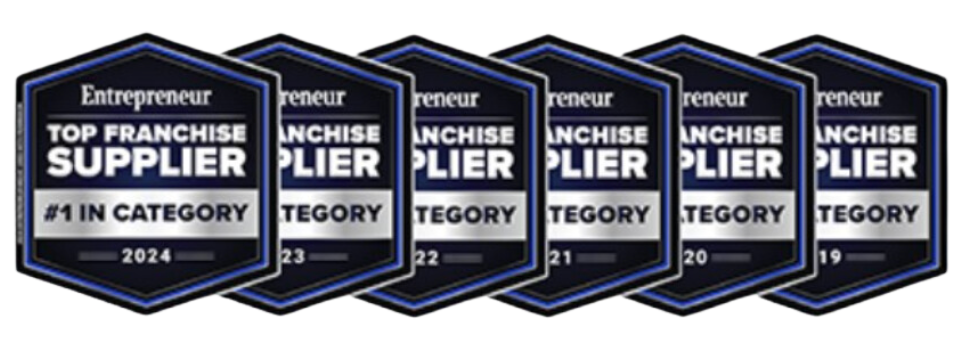
Close The Deal Leveraging
Multi-Unit Franchising. Click here.
Close The Deal Resales:
City Wide Franchise - Real Estate Management
Nassau, NY
- Total Gross Revenue 2023: $1,300,000
- Number of Employees: 2 (1 Account Manager, 1 Night Manger)
- Resale Price is $450,000 (includes $120,000 initial franchisee fees)
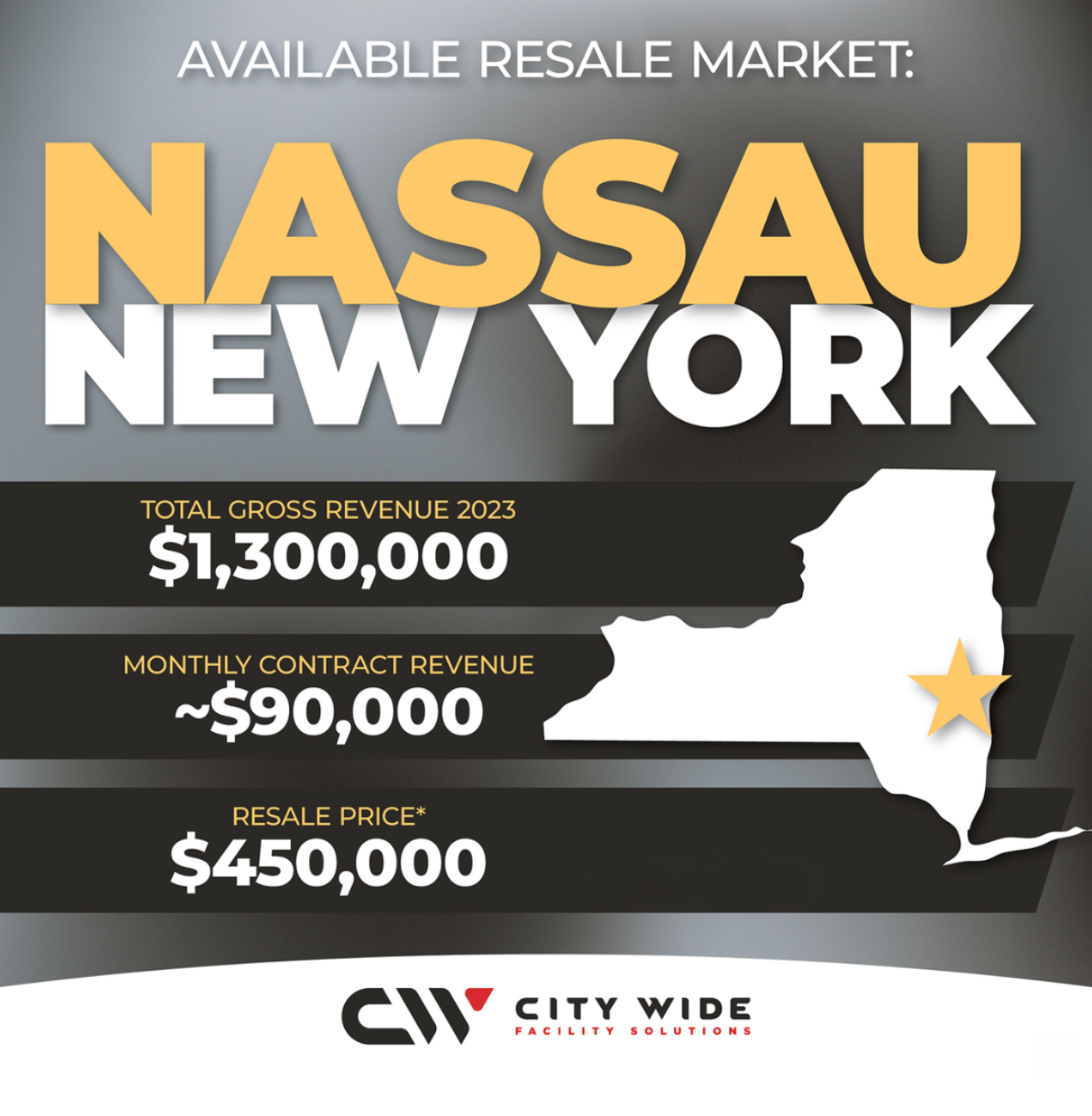
Top 10 Close the Deal
Franchise Resales
May 2025
Waggles Puppy Boutique - Roanoke , Virginia $425,000
Window Genie - San Antonio, Texas $300,000
Zoom Room - Huntington Beach, California $500,000
1-800 Radiator & AC - Amarillo, Texas $1,200,000
AdvantaClean - Bethel, Ohio $570,000
All Dry - Houston , Texas $430,000
AlphaGraphics - S LA County, California $1,800,000
Barrel House - Coralville, Iowa $1,800,000
BFT - Richmond Heights (St. Louis), Missouri $430,000
Budget Blinds - Huntsville, Texas $500,000
Over 173 Franchise
Resales Available
Learn more about the opportunities above and discover other resale opportunities:
About The Author: Ewell Smith - Certified Franchise Consultant / Publisher - Close The Deal / Host - Close The Deal Podcast / Author - Your First Franchise Roadmap - Ewell serves aspiring entrepreneurs and Veterans considering a franchise. To learn more, contact Ewell.



